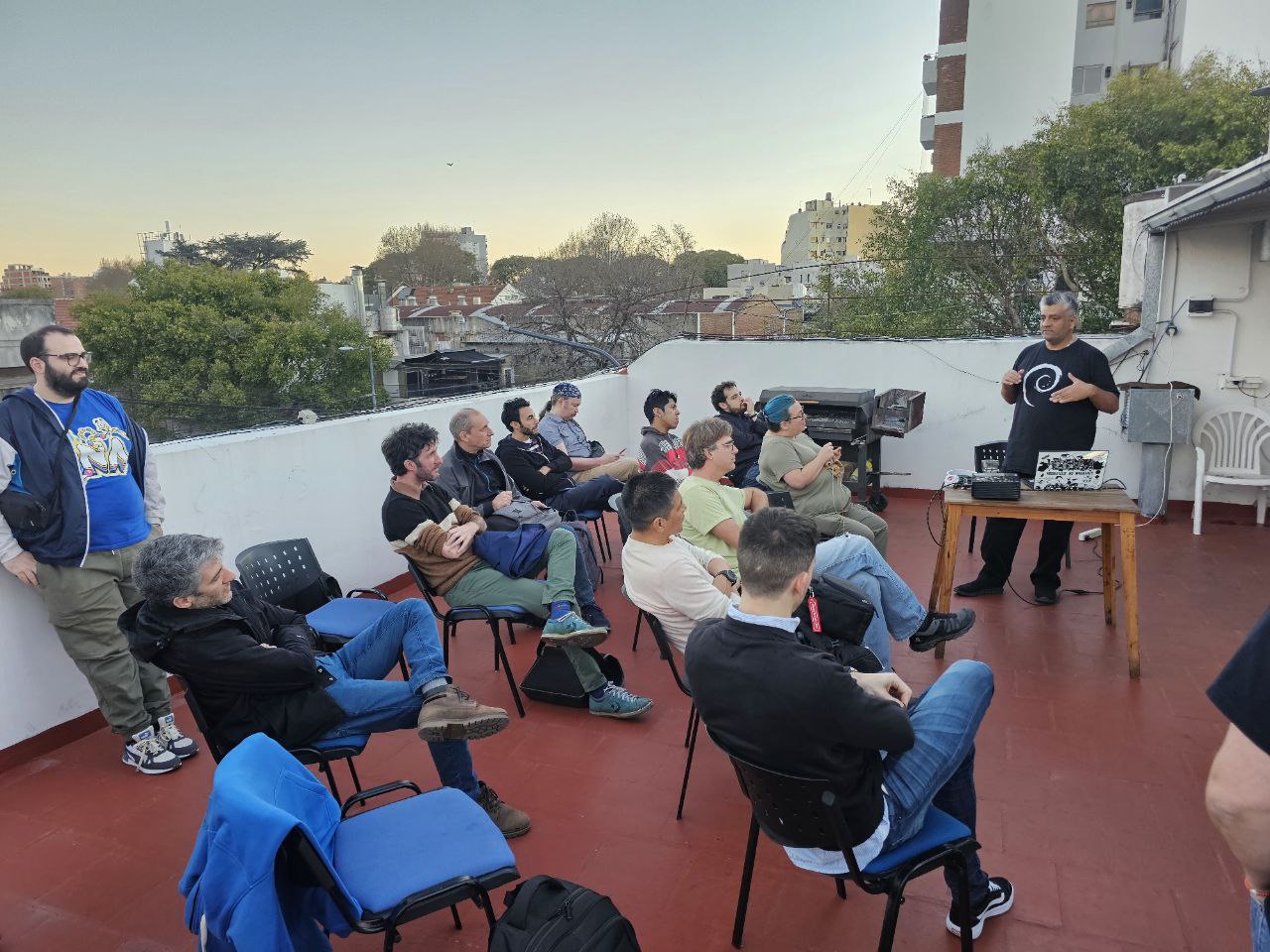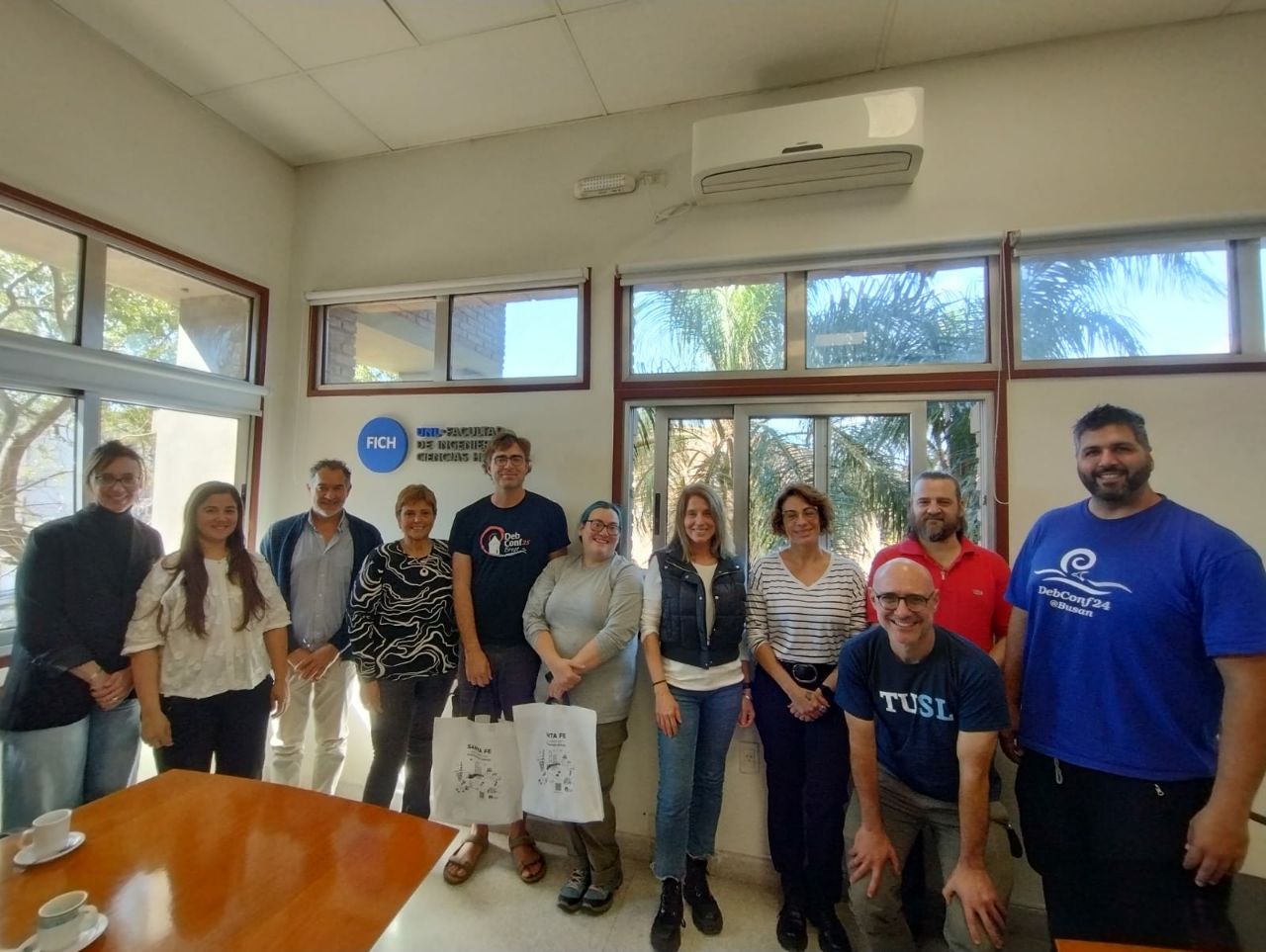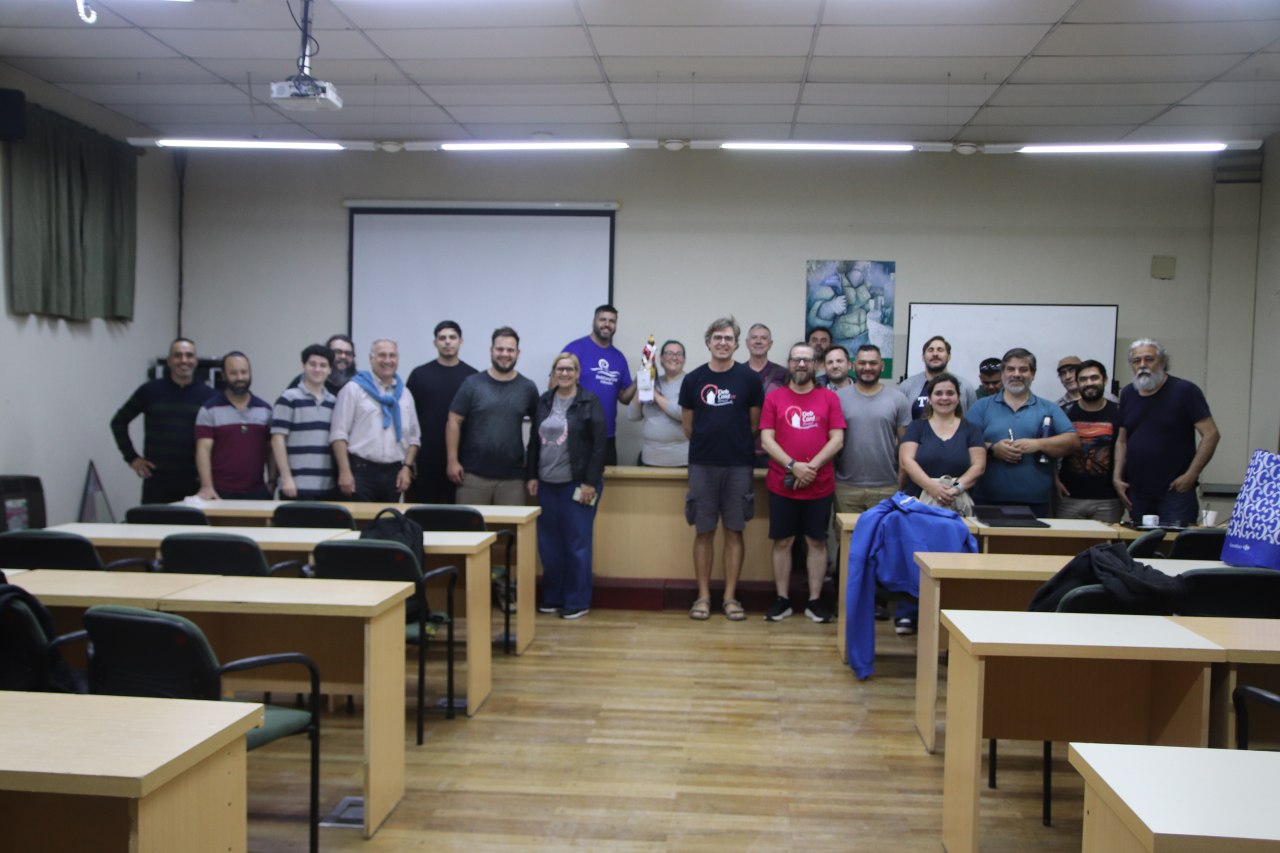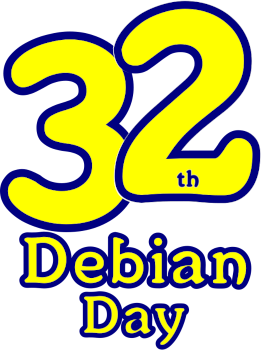New Debian Developers and Maintainers (July and August 2025)
On Sat 27 September 2025 with tags projectWritten by Jean-Pierre Giraud
Translations: ar ca es fr hi-IN pl pt sv vi zh-CN
The following contributors got their Debian Developer accounts in the last two months:
- Francesco Ballarin (ballarin)
- Roland Clobus (rclobus)
- Antoine Le Gonidec (vv221)
- Guilherme Puida Moreira (puida)
- NoisyCoil (noisycoil)
- Akash Santhosh (akash)
- Lena Voytek (lena)
The following contributors were added as Debian Maintainers in the last two months:
- Andrew James Bower
- Kirill Rekhov
- Alexandre Viard
- Manuel Traut
- Harald Dunkel
Congratulations!
Bits From Argentina - August 2025
On Sun 21 September 2025 with tags debconf26 ArgentinaWritten by Emmanuel Arias
DebConf26 is already in the air in Argentina. Organizing DebConf26 give us the opportunity to talk about Debian in our country again. This is not the first time that Debian has come here, previously Argentina has hosted DebConf 8 in Mar del Plata.
In August, Nattie Mayer-Hutchings and Stefano Rivera from DebConf Committee visited the venue where the next DebConf will take place. They came to Argentina in order to see what it is like to travel from Buenos Aires to Santa Fe (the venue of the next DebConf). In addition, they were able to observe the layout and size of the classrooms and halls, as well as the infrastructure available at the venue, which will be useful for the Video Team.
But before going to Santa Fe, on the August 27th, we organized a meetup in Buenos Aires at GCoop, where we hosted some talks:
- ¿Qué es Debian? - Pablo Gonzalez (sultanovich) / Emmanuel Arias
- Cooperativismo y Software Libre - Osiux (gcoop)
- Debian and DebConf (Stefano Rivera)

On August 28th, we had the opportunity to get to know the Venue. We walked around the city and, obviously, sampled some of the beers from Santa Fe.
On August 29th we met with representatives of the University and local government who were all very supportive. We are very grateful to them for opening their doors to DebConf.

In the afternoon we met some of the local free software community at an event we held in ATE Santa Fe. The event included several talks:
- ¿Qué es Debian? - Pablo (sultanovich) / Emmanuel Arias
- Ciberrestauradores: Gestores de basura electrónica - Programa RAEES Acutis
- Debian and DebConf (Stefano Rivera/Nattie Mayer-Hutchings)

Thanks to Debian Argentina, and all the people who will make DebConf26 possible.
Thanks to Nattie Mayer-Hutchings and Stefano Rivera for reviewing an earlier version of this article.
Debian turns 32!
On Sat 16 August 2025 with tags debian project anniversary birthday DebianDayWritten by Debian Publicity Team
Artwork by Daniel Lenharo de Souza
Translations: pl
On August 16, 1993, Ian Murdock announced the Debian Project to the world. Three decades (and a bit) later, Debian is still going strong, built by a worldwide community of developers, contributors, and users who believe in a free, universal operating system.
Over the years, Debian has powered servers, desktops, tiny embedded devices, and huge supercomputers. We have gathered at DebConfs, squashed countless bugs, shared late-night hacking sessions, and helped keep millions of systems secure.
Debian Day is a great excuse to get together, whether it is a local meetup, an online event, a bug squashing party, a team sprint or just coffee with fellow Debianites. Check out the Debian Day wiki to see if there is a celebration near you or to add your own.
Here is to 32 years of collaboration, code, and community, and to all the amazing people who make Debian what it is.
Happy Debian Day!
Debian stable is now Debian 13 "trixie"!
On Sat 09 August 2025 with tags trixieWritten by Anupa Ann Joseph
Artwork by Elise Couper
Translations: pl pt-BR
We are pleased to announce the official release of Debian 13, codenamed trixie!
What's New in Debian 13
- Official support for RISC-V (64-bit riscv64), a major architecture milestone
- Enhanced security through ROP and COP/JOP hardening on both amd64 and arm64 (Intel CET and ARM PAC/BTI support)
- HTTP Boot support in Debian Installer and Live images for UEFI/U-Boot systems
- Upgraded software stack: GNOME 48, KDE Plasma 6, Linux kernel 6.12 LTS, GCC 14.2, Python 3.13, and more
Want to install it?
Fresh installation ISOs are now available, including the final Debian Installer featuring kernel 6.12.38 and mirror improvements. Choose your favourite installation media and read the installation manual. You can also use an official cloud image directly on your cloud provider, or try Debian prior to installing it using our "live" images.
Already a happy Debian user and you only want to upgrade?
Full upgrade path from Debian 12 "bookworm" is supported and documented in the Release Notes. Upgrade notes cover APT source preparation, handling obsoletes, and ensuring system resilience.
Additional Information
For full details, including upgrade instructions, known issues, and contributors, see the official Release Notes for Debian 13 "trixie".
Congratulations to all developers, QA testers, and volunteers who made Debian 13 "trixie" possible!
Do you want to celebrate the release?
To celebrate with us on this occassion find a release party near to you and if there isn't any, organize one!
New Debian Developers and Maintainers (May and June 2025)
On Wed 30 July 2025 with tags projectWritten by Jean-Pierre Giraud
Translations: ar ca es fr hi-IN pl pt sv vi zh-CN
The following contributors got their Debian Developer accounts in the last two months:
- Cordell Bloor (cgmb)
- Enkelena Haxhija (enkelenah)
The following contributors were added as Debian Maintainers in the last two months:
- Karsten Schöke
- Lorenzo Puliti
- Nick Rosbrook
- Nicolas Peugnet
- Yifei Zhan
- Glenn Strauss
- Fab Stz
- Matheus Polkorny
- Manuel Elias Guerra Figueroa
Congratulations!


